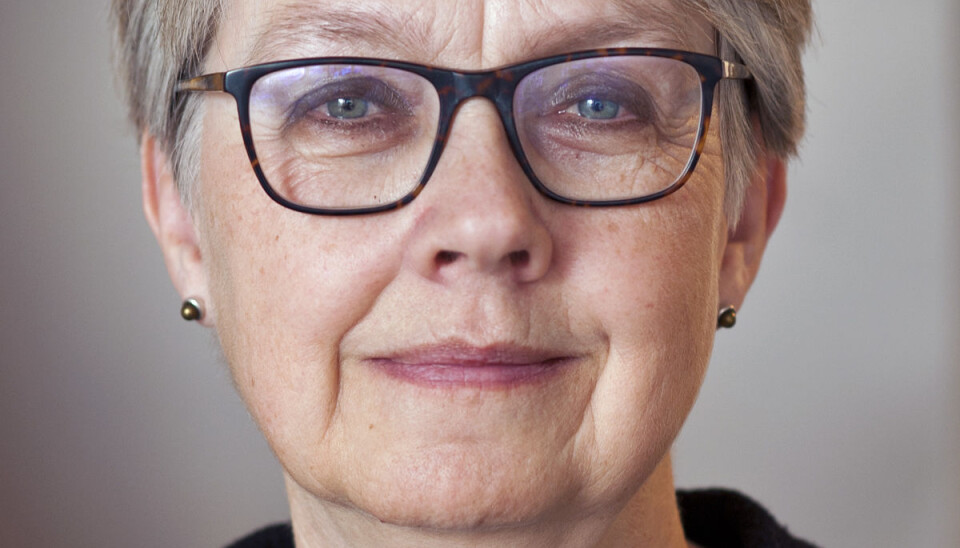Keynotes
Keynote 1: Bergen museum 1825. Knowledge for a Public Sphere
Anne Eriksen, University of Oslo
According to the recent definition of the International Council of Museums (ICOM), a museum is “a not-for-profit, permanent institution in the service of society”. When Bergen museum opened in 1825, it was likewise defined as an independent, public institution. It was the first collection in Norway not privately owned, nor part of the University. However, the civil society of which this museum was a part was very different from that which museums are supposed to serve in the contemporary world.
This keynote will discuss how the new museum in Bergen conceptualized its relation to the public and its role in the public sphere. The museum identified itself as a scientific institution with educational purposes, but how could science be made public when higher education was still the privilege of the select few? How did Bergen museum present its agenda and aims to the public, and how were the connections between science and civil society articulated and performed?

Keynote 2: Epochs, trajectories, rhythms: Visions of historical time and scientific knowledge in the 20th century
Staffan Bergwik, Stockholm University
Since the 1960s, historians and sociologists of science have challenged whiggish narratives, emphasizing science as a situated practice and fostering analyses of the spatiality of knowledge. As a result, the focus shifted to the spaces, geographies, and transits of scientific knowledge, with less attention to its temporal dimensions. Consequently, analyses of temporal processes in the history of science remain underexplored.
Simultaneously, recent scholarship in the humanities characterizes the early 21st century as marked by “temporalization,” driven by debates on climate change, the Anthropocene, and threats to democracy. In this context, past, present, and future coexist in contested relationships, prompting a reevaluation of traditional historiographic assumptions. This calls for renewed historical analysis, akin to the rise of postcolonial studies in the 1970s.
How does this process of temporalization impact our understanding of science as practice and culture? I will address this in two parts. First, I analyze a historical case focusing on discourse surrounding “scientometrics” and environmental science in the postwar era. I explore dominant notions of past, present, and future – as well as ideas of historical trajectories and temporal rhythms – in discourse on science, aiming to historicize temporal concepts as they are understood in the 2020s.
Second, I examine how research on historical time can provide tools for reforming temporal thinking in the history of science. Growing insights into multiple temporalities offer valuable perspectives for rethinking the foundational temporal assumptions we hold as historians of science.

(Last updated: September 9, 2025)
